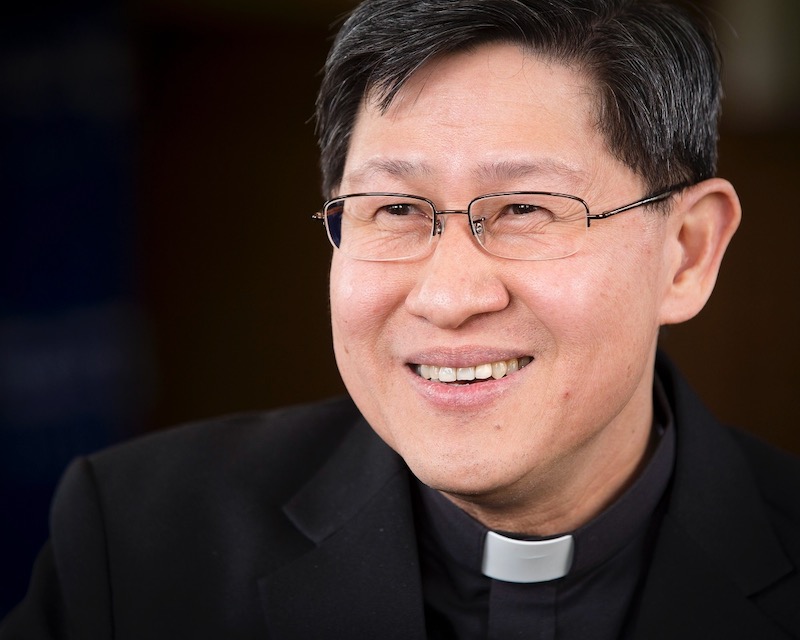The coronavirus pandemic and consequent lockdown has allowed people to rediscover what was meant by being “one with nature”, according to The Tablet in its latest editorial. “The coronavirus and the lockdown have given many people a chance to be reacquainted with nature as they took their statutory exercise walk, cycle or run, and rested to draw breath in the unaccustomed pure air and welcome silence,” it says.
This will have awakened people's sensitivity to the teaching of Pope Francis in his next encyclical, expected next month, especially about our interconnectedness with Nature as well as with each other. “It is political and cultural – but it is also mystical.”
The editor, Brendan Walsh, refuses to be drawn into the debate about the encyclical's Latin title, Fratelli Tutti, which has arisen because the first word translates literally into English as “brothers”, which seems to some to be exclusively masculine. But, as he explains, the Pope clearly intends it to mean both “brothers and sisters – except in the theology of this Pope, our brothers and sisters are not only our fellow men and women. He uses the phrase as his namesake would have done, to include all creatures great and small, animate and inanimate.” The Pope, like St Francis of Assisi, uses “brothers and sisters” to embrace the sun, the wind and the clouds.
The Tablet’s top leader condemns what it calls the “deconstruction” of local government by successive Tory-lead Governments, following 40 per cent funding cuts and the resulting more than 200,000 redundancies. “Some local authorities now face bankruptcy, and many more have had to reduce the services they provide to the bare minimum demanded by statute. Anything not compulsory has had to be ditched. This hollowing out of local government has weakened the sense of solidarity.”
Because of the epidemic people have never had a greater need of a sense of community, which local councils supplied. The Government's efforts to provide a national “test and trace” by using private contractors was seen to be failing, and they had to turn to local authorities, which had well-established statutory responsibilities in the field of public health as well as local knowledge. “Once again the coronavirus has demonstrated the foolishness of the right-wing project to shrink the state,” The Tablet declares.
But this underlines the importance of the doctrine of subsidiarity, which was defined by Pope Pius XI in his 1931 encyclical Quadragesimo Anno. “It is an injustice and at the same time a grave evil and disturbance of right order to assign to a greater and higher association what lesser and subordinate organisations can do,” Pope Pius had stated.
The Tablet notes that Boris Johnson's Government has declared its commitment to local democracy, but while he had “talked the talk” he has yet to “walk the walk”. So far there was no sign of the new funding that would be necessary if local government was to be restored to its former glory. The devastation of local democracy caused by funding cuts had undermined David Cameron's attempts to launch what he called a “big society”, based on an alliance between local government and the voluntary sector.



 Loading ...
Loading ...